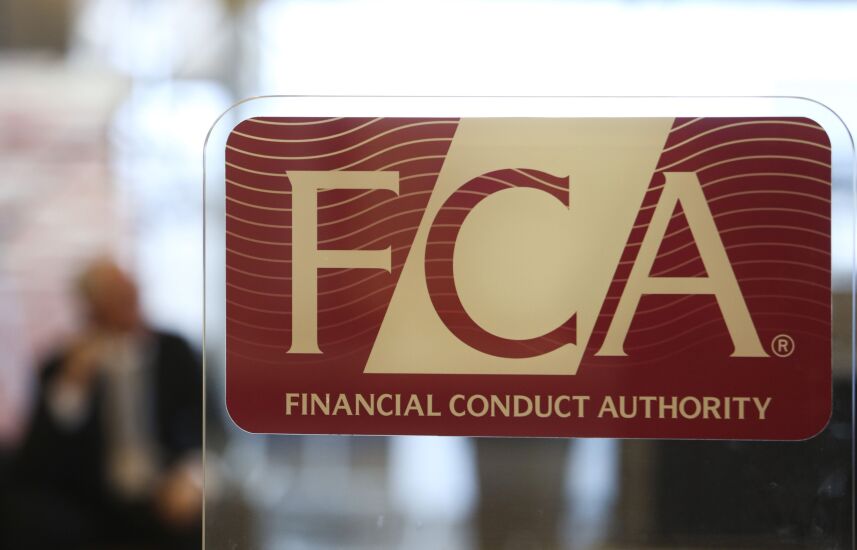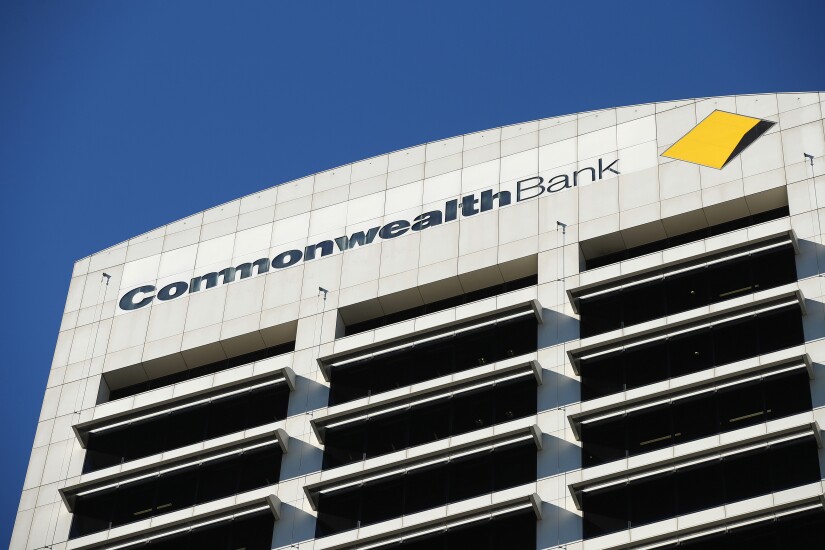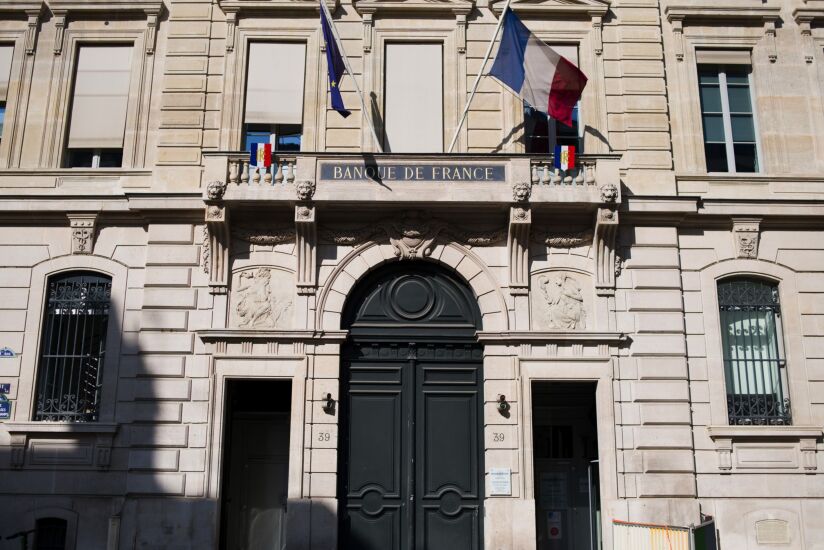In global news this week, the EU cracks down on buy now/pay later; France conducts digital currency test, Tencent launches cross-border payments, and other news.
Here's what's happening around the world.








The digital bank added two new board members and raised $123.9 million as it continues to manage regulatory costs amid its push for profitability.
While stablecoins aren't widely used for merchant payments, blockchain tech firms such as BVNK and Polygon Labs are seeking opportunities to add speed to slow-moving international transfers.
In keeping with its policy of outsourcing functions outside its core commercial and retail banking competency, Signature Bank near Chicago teamed with a larger trust company to fill a longstanding gap in its product set.
The Arkansas-based company pivoted to organic growth a few years ago, after making 14 bank acquisitions in less than a decade.
The combination of the banks is the latest in a trend of deals closing on speedier timelines, and signals the industry's hunt for scale.
When the Swiss banking giant bought rival Credit Suisse in 2023, it inherited an investigation over money the Nazis looted from European Jews. The issue now seems to be coming to a head in Washington.